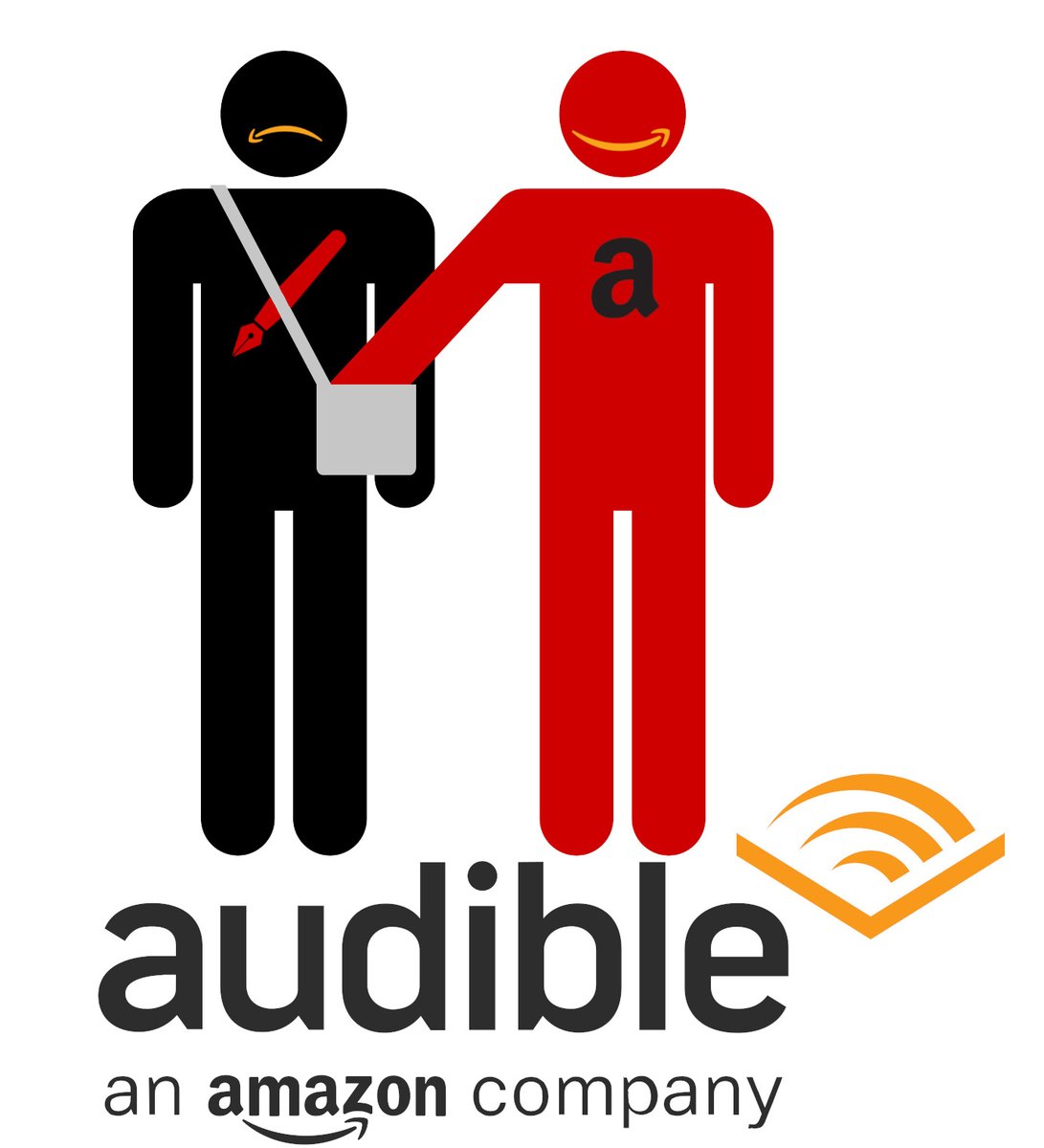
Heavy Metal (1981) gameraboy1.tumblr.com/post/633583227…
Heavy Metal (1981) gameraboy1.tumblr.com/post/633583227…
Heavy Metal (1981) gameraboy1.tumblr.com/post/633583227…
Heavy Metal (1981) gameraboy1.tumblr.com/post/633583227…
Heavy Metal (1981) gameraboy1.tumblr.com/post/633583227…
• • •
Missing some Tweet in this thread? You can try to
force a refresh






